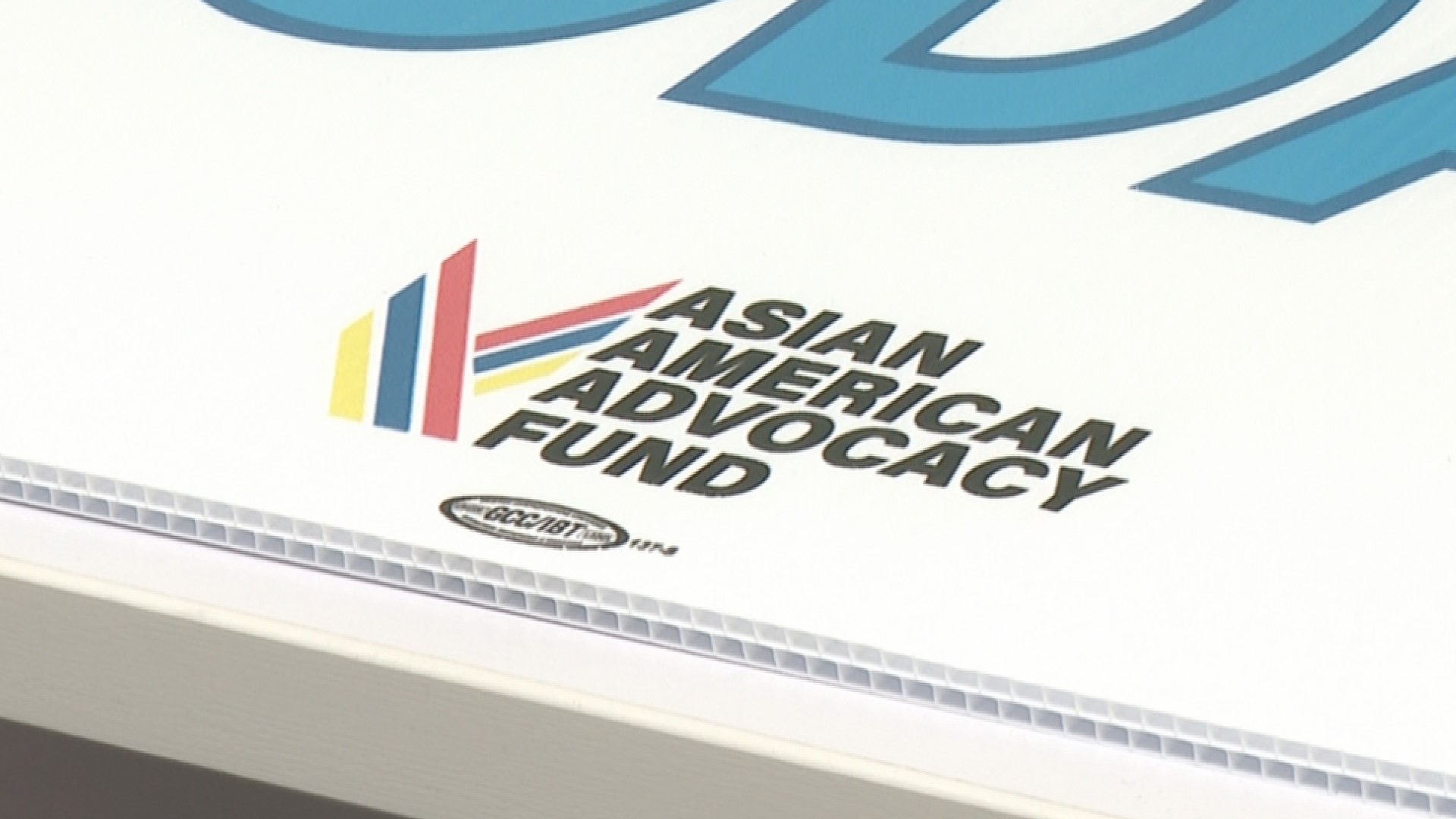NORCROSS, Ga. — With less than two weeks before the general election on Nov. 8, Aisha Yaqoob Mahmood and her staff at the Asian American Advocacy Fund have been hyper-focused on engaging voters across Georgia.
"We've done a lot of work over the summer and over the last couple of weeks, and now is sort of seeing everything in motion. It's really quite wonderful," she said.
But now that the fund has broadened its efforts, Mahmood said it's talking to a lot more voters statewide.
"We are knocking on doors in more places. We're seeing a lot of excitement about the election," Mahmood told 11Alive.
Mahmood is the executive director of the Asian American Advocacy Fund. The organization was started in 2018 with the purpose of making sure Georgia's Asian population was able to vocalize concerns about different issues.
"We're really just reimagining what it means to have elected officials that really stand up for our communities," she said.
The conference room at the organization's headquarters is currently filled with small, black gift bags filled with Asian sweets and literature in various languages for people who speak a language other than English. It's something Mahmood said the organization has been doing for years.
As it crosses off days to the general election, staff at AAAF has also begun thinking about what to do if there is a runoff and how they can make sure people remain engaged past the midterm election.
"It is confusing - especially if you don't work in politics - to know what is happening," she explained. "So, we end up having to do a lot more voter education so that people know."
One thing she said has helped is when Gwinnett County added voter materials in four Asian languages - Mandarin, Cantonese, Korean and Vietnamese - in January.
Mahmood pointed out that there are instances where her staff still steps in to assist with dialect-related nuances. Overall, she said, her staff still needs to come up with different approaches, depending on the community they're engaging with.
"What might work for a South Asian community, that might not work for, you know, a Korean community," she gave as an example. "So, we have to sort of handle those complexities and, at the same time, be able to talk about what the community needs us as a whole."
According to the Georgia Secretary of State's Office, there were 214,264 registered voters who identified as Asian-American, Pacific-Islander, and 194,141 of those voters were considered active. A total of 770,237 voters declined to identify their race or ethnicity.
Over the years, Mahmood said she's noticed an increase in voter engagement, which also means more questions for her and her staff. She said they're working to make sure everyone they come in contact with is knowledgeable about the process.
"We know how important it is to keep making sure that we try to get every voter to vote by Election Day."

